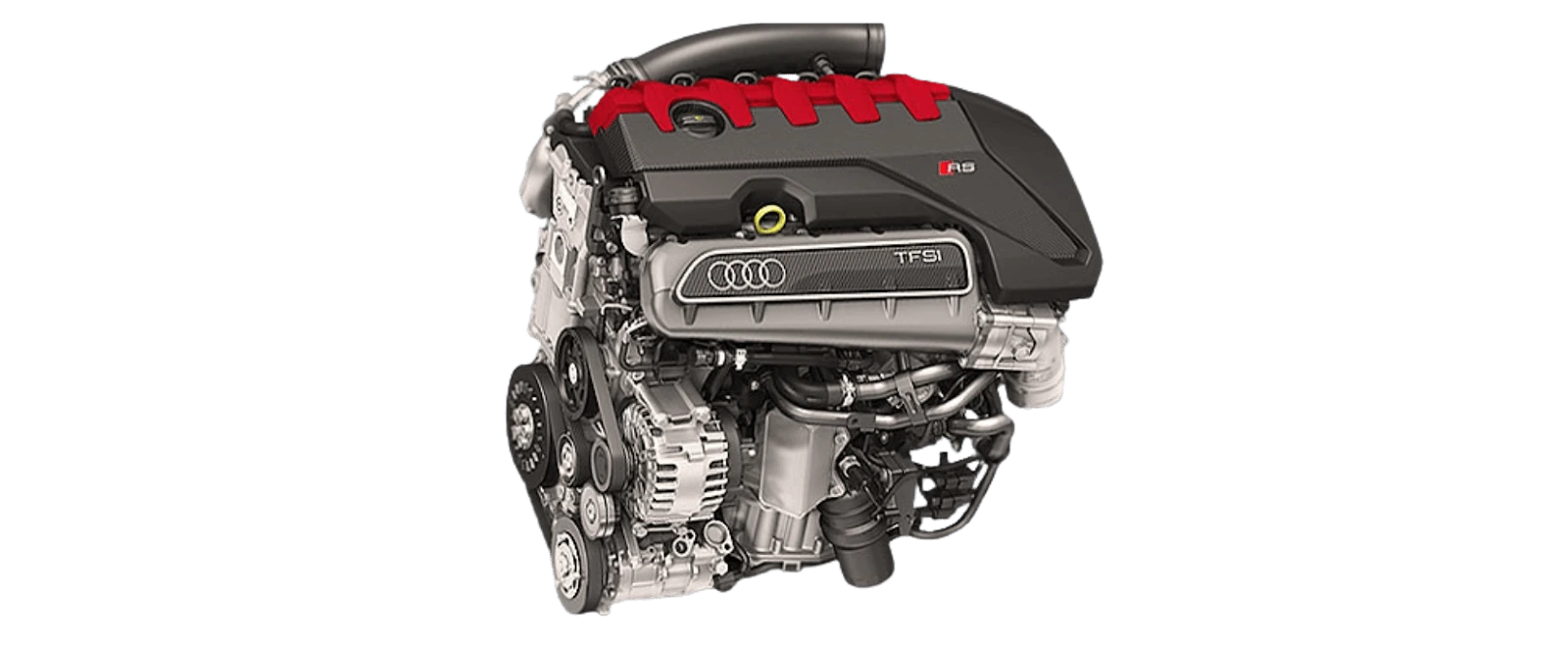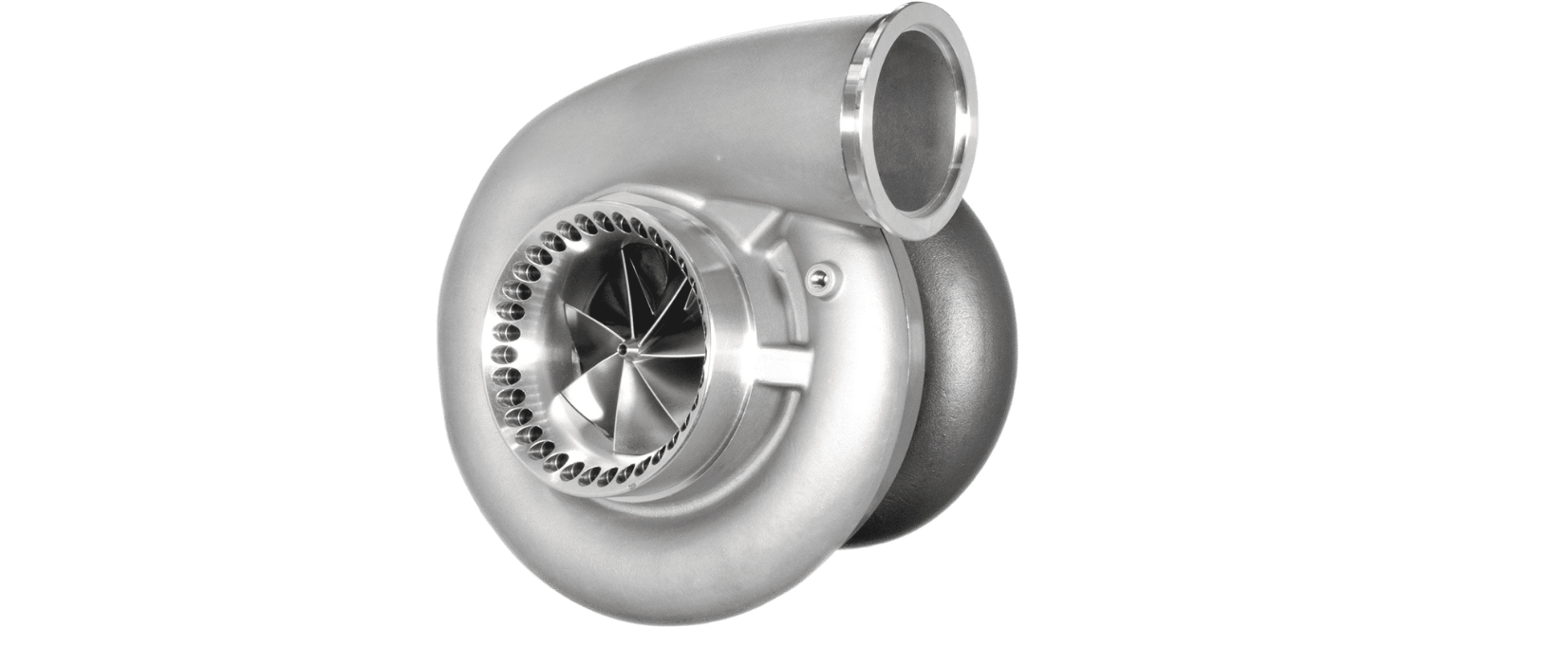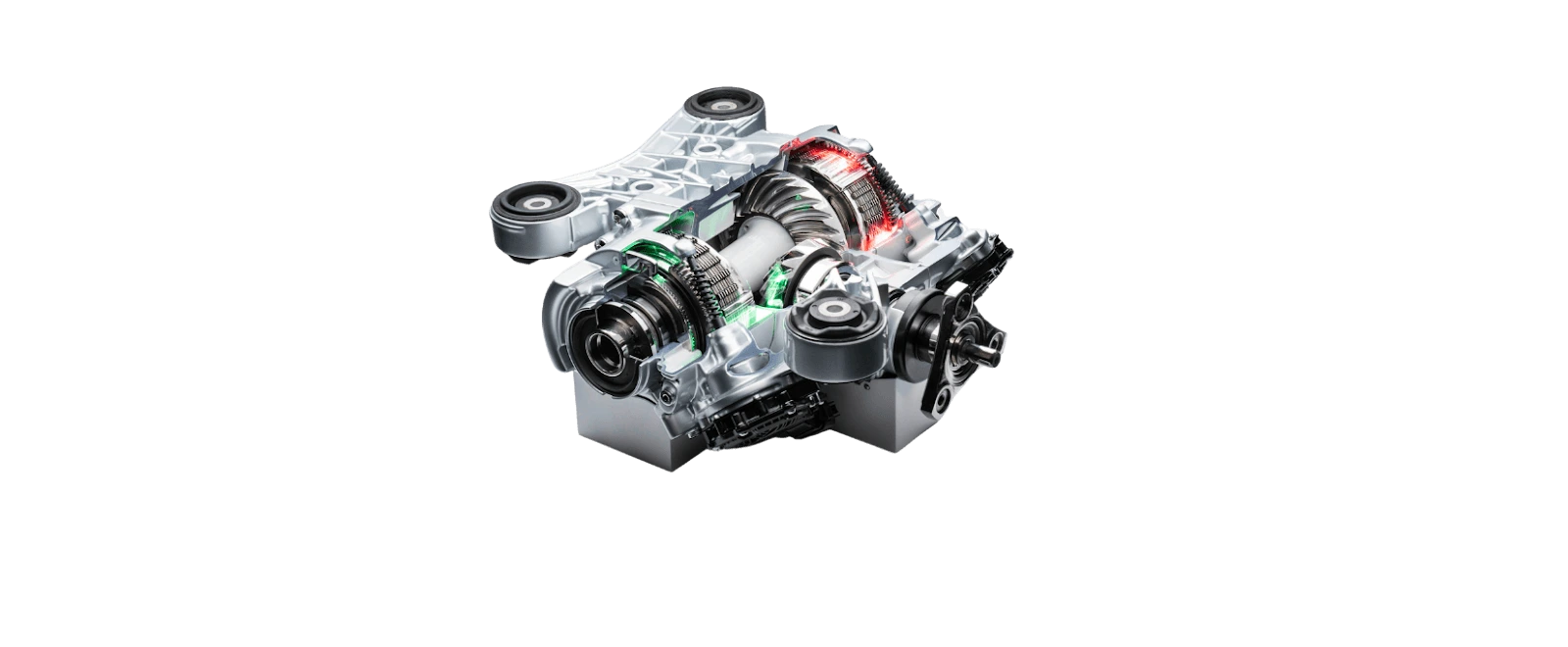
Any Audi RS3 knows it’s not just another sporty sedan — it’s a sweet-sounding performance vehicle. But when your RS3 starts making odd sounds or doesn’t feel quite right, it’s not something you can afford to brush off.
Its DAZA and DNWA engine variants have complex configurations that support its flamboyant torque, power, and tuning capabilities. Whether directly as a result of this performance-intensive setting or not, when problems arise, they tend to escalate quickly and quietly.
Ignoring early signs of engine problems can lead to costly repairs or even complete engine failure.
The good news for Jacksonville RS drivers is that Southside Euro is an expert in Audi repair. This article outlines the common signs of RS3 engine problems, provides solutions, and explains when to consult a technician.
Maintaining Engine Issues in the Audi RS3

As a performance vehicle, it’s unsurprising that minor engine issues in the Audi RS3 escalate quickly. The few complaints about engine issues have often resulted in significant damage. An Audi owner once complained that his RS3 would idle in low temperatures, and when it eventually started, it made a whining sound that persisted for over two months, eventually progressing into a transmission issue.
Another RS3 owner had similar issues but didn’t take it in for a checkup until it developed a mechatronic issue.
The sad reality is that even brand-new models can have issues or a case of a bad batch. It’s essential to take it to the dealership for diagnosis, or visit your closest European car mechanic if the dealer is far away. Southside Euro provides dealership-alternative engine service for Audis in Jacksonville.
Avoid ignoring any unusual noises or handling in your car until they become more pronounced. It could save you from wasting tens of thousands of dollars in the long run.
Carbon Build-Up on Intake Valves
The RS3 DAZA is a direct-injection engine that is prone to carbon accumulation on the intake valves. Unlike a port-injected engine, fuel won’t wash over the valve, which can cause carbon build-up over time and restrict airflow. Signs of carbon build-up include reduced throttle response, rough idle, and noticeable performance loss.
It won’t trigger a check engine light immediately, so it’s essential to be aware of the car’s performance. The most effective solution for removing build-up is walnut blasting; however, routine maintenance of your RS3 after exceeding 30,000 miles is also recommended.
Turbocharger and Boost Pressure Issues

The turbo system on the RS3 is built to handle serious power. However, heat, aggressive driving, and tuning can push the components beyond their comfort zone.
Symptoms, such as loss of boost pressure, unusual noises under load, or inconsistent power delivery, may manifest. These are early signs of a failing diverter valve, small boost leaks, or a worn-out turbocharger.
Left unchecked, turbocharger problems can result in significant performance losses and even engine damage. We have also seen misdiagnosed turbo boost issues linked to fueling or sensor faults.
A professional diagnosis by a certified European vehicle technician accurately pinpoints Audi problems.
Oil Consumption and PCV System Faults
Many RS3s — especially those running ethanol or performance-enhancing tunes — suffer from high oil consumption. In several cases, the issue is traceable to the PCV system. A faulty PCV valve can lead to excessive crankcase pressure, oil blow-by, and gradual wear of the piston rings.
You might not notice it at first, beyond having to top off your oil more frequently. However, the most noticeable symptom – black smoke from the exhaust – typically presents itself after the engine has already sustained internal damage. Whether your RS3 is stock or modified, regular oil checks and a proper PCV inspection should be part of your maintenance routine.
Schedule an Audi oil change in Jacksonville today before it’s too late.
Fuel Injector and High-Pressure Fuel Pump Problems
Fuel system problems are becoming more common, particularly in flex-fuel RS3s or cars with upgraded injectors. Dirty or mismatched injectors can cause extended crank times, misfires, or inconsistent fuel delivery, especially on cold starts. In some cases, you may hear a faint high-pitched whine coming from the fuel rail area.
The high-pressure fuel pump is another known weak point when exposed to ethanol-heavy blends or tuning without supporting upgrades. Accurate fuel pressure testing and injector flow checks are crucial for diagnosing the root cause before issues escalate into more significant failures.
Call Jacksonville Euro car experts for OEM fuel pump replacement.
Transmission Whine and DSG Cooling Issues

One of the more alarming problems we’ve seen—particularly on newer 8Y RS3s—is a high-pitched whining noise that begins on cold mornings and increases in volume with RPM. The sound comes from the front driver-side area of the engine bay and is linked to the DSG transmission pump or the transmission’s cooling system.
Some owners also report transmission overheating warnings even during light driving in cold weather, with no warning lights or codes beforehand. Potential causes are a failing DSG pump, a coolant flange defect, or early signs of mechatronic unit failure. If not caught early, these issues can lead to full transmission replacements.
We’ve already seen several 2022 and 2023 models come in under 1,000 miles with this exact scenario. Transmission maintenance visits at the Euro car specialist center can fix the issue early on without major replacements.
Schedule Audi RS3 Engine Repair & Maintenance in Jacksonville
If your RS3 is making unusual sounds, feels off under acceleration, or seems like it’s consuming more oil than usual, now is the time to act. These problems rarely improve on their own, and most tend to worsen without triggering any warning signs. At Southside Euro, we offer performance-focused diagnostics and repairs that keep your RS3 running the way Audi intended.
Not sure what’s wrong? That’s precisely why you should book an appointment today!
Frequently Asked Questions
Why is my Audi RS3 consuming more oil than usual?
The RS3 is known to consume oil at a rate higher than average, especially under aggressive driving conditions or when tuned. This often stems from PCV system failure or worn piston rings, which can go unnoticed until performance starts to drop. If you’re adding oil between changes, it’s worth getting the system checked. At Southside Euro in Jacksonville, we regularly inspect oiling systems on both stock and modified RS3s to prevent internal engine damage.
What causes the high-pitched whining noise during cold starts in my RS3?
A consistent whining sound during cold starts may indicate a failing DSG pump, especially if the noise rises with RPM. In some RS3s, this has been linked to early transmission cooling failures or internal pump degradation. Visit our Jacksonville shop or call us at (904) 240-1440 for a professional engine tune-up.
How can I prevent carbon buildup on the intake valves of my RS3?
Carbon buildup is a side effect of direct fuel injection. Without fuel washing over the valves, oil vapor from the crankcase starts to stick and form deposits. Over time, this restricts airflow and disrupts the air-fuel mixture. Walnut blasting is the most effective solution and should be done preventively. At Southside Euro, we recommend this service around 30,000 to 40,000 miles, especially for RS3s in Jacksonville, which often involve short, low-speed trips that accelerate deposit formation.
Why does my RS3 experience rough idling or misfires during cold starts?
Several factors, including dirty injectors, worn spark plugs, or ignition coil failure, can cause rough cold starts. On flex-fuel RS3s or cars with upgraded parts, fuel quality and tune compatibility also become factors to consider. If your RS3 misfires when starting up, especially in cooler temps or after sitting, bring it to Southside Euro for an expert engine checkup. We have addressed this issue on both DAZA and DNWA engines and can quickly isolate the root cause.
What are the signs of a failing fuel injector in the RS3?
Failing injectors typically cause hard starts, poor fuel economy, engine vibration, and sometimes a faint whining sound from the fuel rail. In hotter regions like Florida, we have also observed that elevated temperatures can cause issues with intake-mounted sensors, such as the intake flapper sensor, particularly on newer RS3 Models. If your engine is struggling to start or acting strangely, contact Southside Euro. We utilize world-class VCDS diagnostic tools for accurate detection of performance and electrical faults.

















